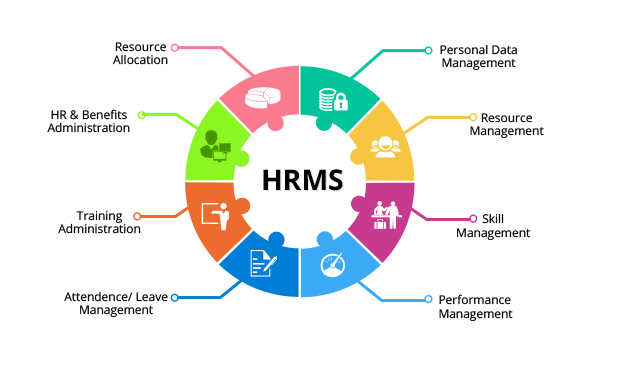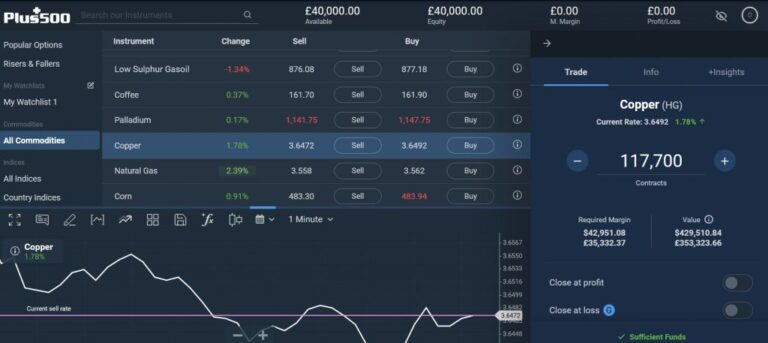
When it comes to student loans, a cosigner is just as important as the loan itself. But not every loan requires one.
Why do you need a cosigner for student loans?
If you want to borrow money, you will need a cosigner. You can’t borrow money unless someone else is willing to agree to be responsible for repaying it. If your parents are retired or not working much, and they have high assets (like a house), they might be willing to cosign your student loans so that you can get more favorable terms on them than if they weren’t cosigning the loan.
Cosigning is risky because if the borrower doesn’t make their payments, then the cosigner will still have to pay off all of the remaining balance on their own – even if they aren’t responsible for paying it off in full!
Do federal student loans require a cosigner?
If you’re applying for a federal student loan, the answer to this question is no.
Federal Stafford loans are available to students who maintain at least a 2.5 GPA or higher and are enrolled in school at least half-time. They provide low-interest rates (6 percent fixed APR), flexible repayment options, and deferment options if you run into financial hardship. In short: they’re safer than private student loans—and better than them too!
If you want to take advantage of these more favorable terms, though—or if your private lender requires it—you can still get student loans with no cosigner on your federal loan application form. And as long as that person’s income doesn’t exceed $50k/year (or $100k/year combined with yours), their credit score must be at least 675 (with any derogatory marks).
Financial experts at Ascent believe, “Creditworthiness refers to your eligibility to receive credit from a lender. Lenders use your credit history to assess the level of risk involved with issuing a loan or another form of credit to borrowers.”
What is the difference between federal and private student loans?
Federal loans are usually the best choice for students because they have low-interest rates, flexible repayment options and income-driven plans. And if you can’t pay back your federal student loans, they’re more likely to be forgiven than private student loans.
Banks and other lenders offer private loans. They can also be found on online platforms offering refinancing solutions. If a bank makes a private loan, it’ll be called “banker’s credit” or something similar in its name.
Federal loans have lower interest rates than most private ones—but there’s still some range in terms of what each type will cost you over time:
How do I get approved for a private loan without a cosigner?
Private loans don’t require a cosigner, but they’re riskier. The government does not guarantee private student loans, so they have higher interest rates and fees than federal student loans. They also aren’t eligible for federal forgiveness programs or consolidation.
In general, if you need financial help to pay for school (and don’t have any money saved up), the best option is probably a federal student loan with a low fixed interest rate that doesn’t require a cosigner. But if you think you might be unable to make your payments on time, consider taking out one or two private student loans in addition to your federal ones—don’t borrow too much!
If you think you might need a cosigner for your student loan, it’s probably worth looking into other options first. If you have good credit and income potential, you may be able to get approved without one. And if not, there are still ways to ensure that your student’s needs are met even when your parents aren’t around for the ride.
Read More :TVs Advantages: A Complete Guide to the Benefits of Modern Televisions




